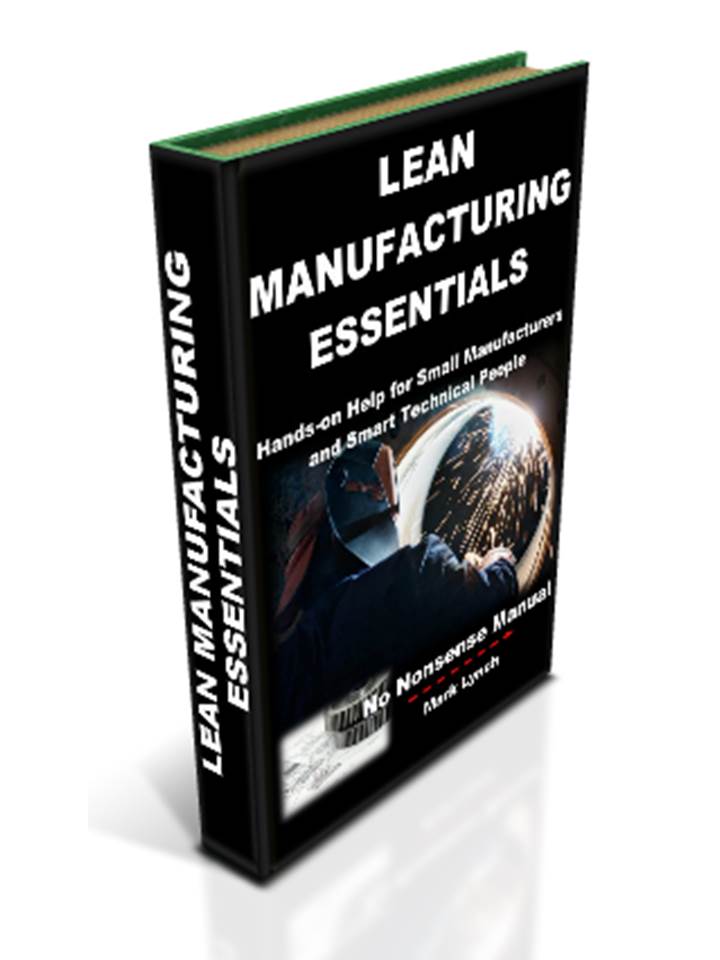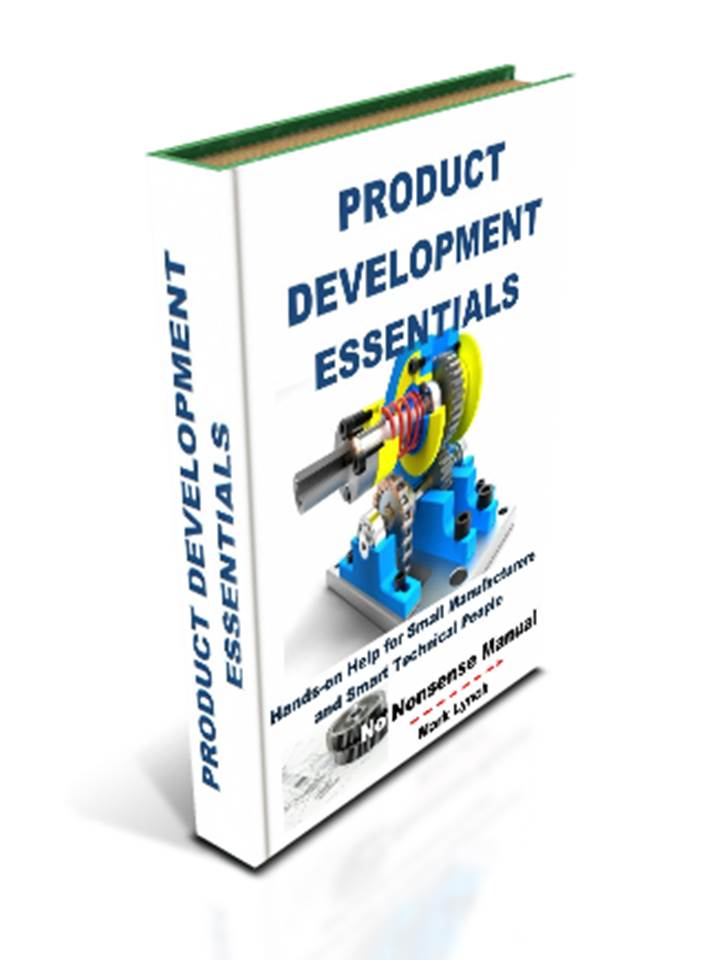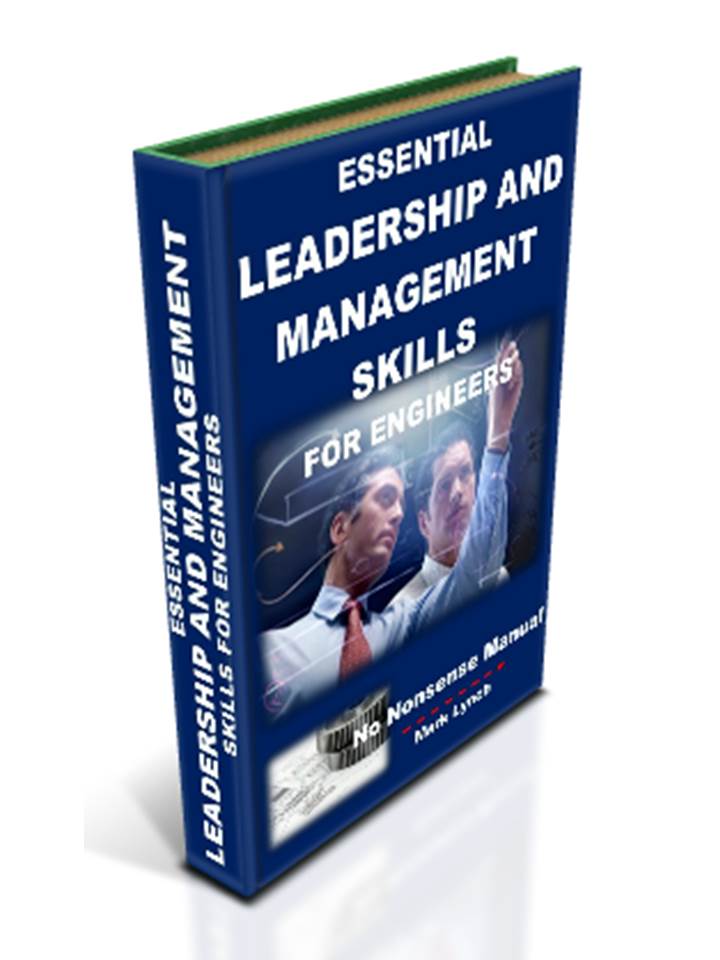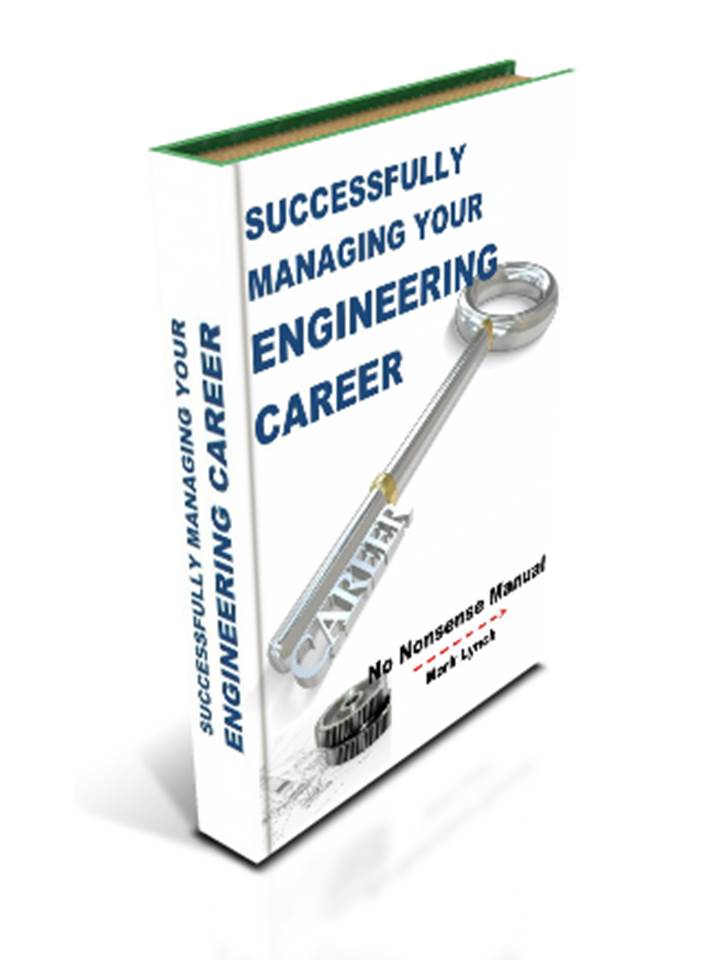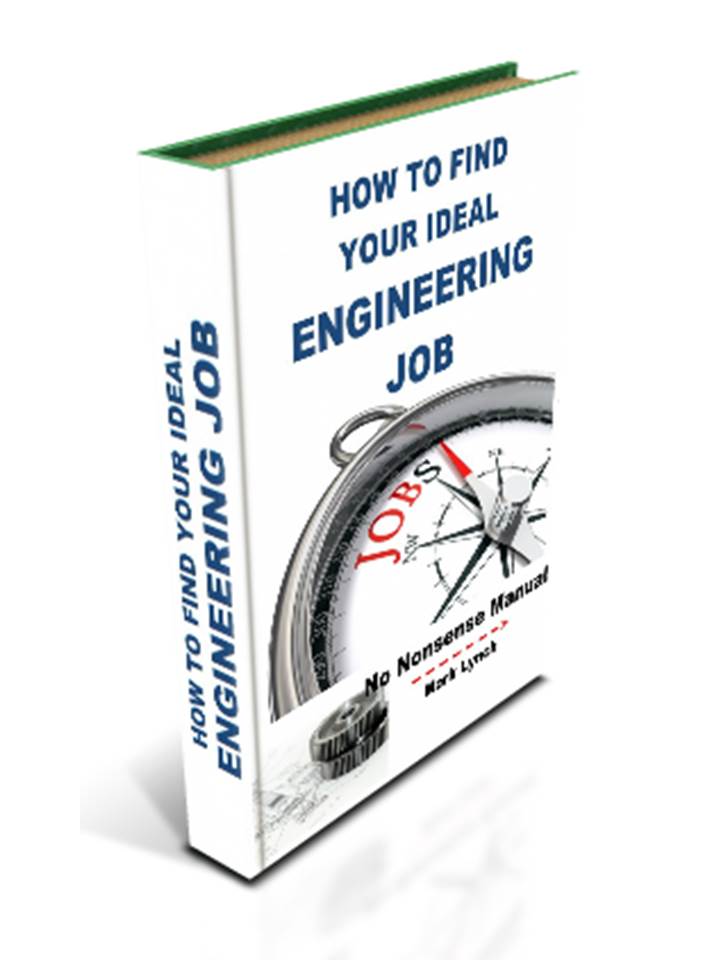'Hands-on Help for SMEs' and Smart Technical People'
Career Planning Skills: Where Are You Now? – Time
to Reflect
Career Management for Engineers
Career Planning Skills
This section demonstrates how to achieve considerable career success and fulfilment by structuring and planning your career development. Planning and managing your career enables you to gain satisfaction and hopefully enjoyment from it. It is no coincidence that the most flourishing and lucrative careers are to some extent structured, with some degree of planning.
They also feature an element of flexibility, enabling individuals to take advantage of opportunities as and when they arise. Just for the record, when talking about a career structure it may be quite loose with the emphasis on ensuring you know your broad subject area and direction; whilst at the same time being ready to spot and seize chances, should they present themselves.
An organized and structured career plan for those in manufacturing industry can deliver significant benefits. Career planning skills matter. This is in contrast to those whose careers tend to drift, or are risk-averse. The latter are more likely not to see or take opportunities to progress. It is clearly important that engineering professionals continually increase their technical knowledge in their field, as well as remain up to date with ever changing technologies, ideas and concepts.
Bearing this in mind, the same applies on a larger scale for project teams, whole departments and indeed businesses, if they are to remain competitive and exploit technologies for commercial gain. Therefore, individuals and companies should strive to update their skills. Structured professional development is a mechanism that enables this to take place. Plainly, it makes commercial sense to employ the best trained and most knowledgeable staff.
Below are some key facts and practical information you should consider when proactively managing your own career. General themes include:
- Where Are You Now? – Time to Reflect
- Setting Career Goals and Objectives
- Preparing for the Future – Industry and Markets
- Professional Development in Your Current Role
- Market Yourself – Personal Branding
- Work-Life Balance and Job Satisfaction
- Get Organised
- Life-Long Learning
Two additional useful sections are also included, these are:
- Improving Your Personal Profile
- Self-Improvement in the Work Place
Career Planning Skills...
Where Are You Now? – Time to Reflect
Spend some time thinking about your current role and those you’ve held in the past.
- What are your key achievements?
- What do you enjoy doing?
- Are you working towards something now?
- Want do you want to be good at?
- Can you name your 3 greatest strengths? Your achievements may be technical, related to projects or corporate.
- Are they transferable and valued by employers?
- What are you weaknesses and what have you done about them?
- Salary-wise, where do you stand?
Why not open up an MS Word file and quickly jot down the answers to these questions – go on, give it a go. Get organised and get the career planning skills you deserve.
Next... Setting Goals and Preparing for the Future
Back to Your Career Management
Based on your experience, what’s the Single Best Piece of Advice you’ve heard for a Great Engineering Career?
Have you had an inspirational coach, mentor or manager? Knowing what you know now, what’s the single most effective piece of advice you’d give to a young engineer coming through now?

